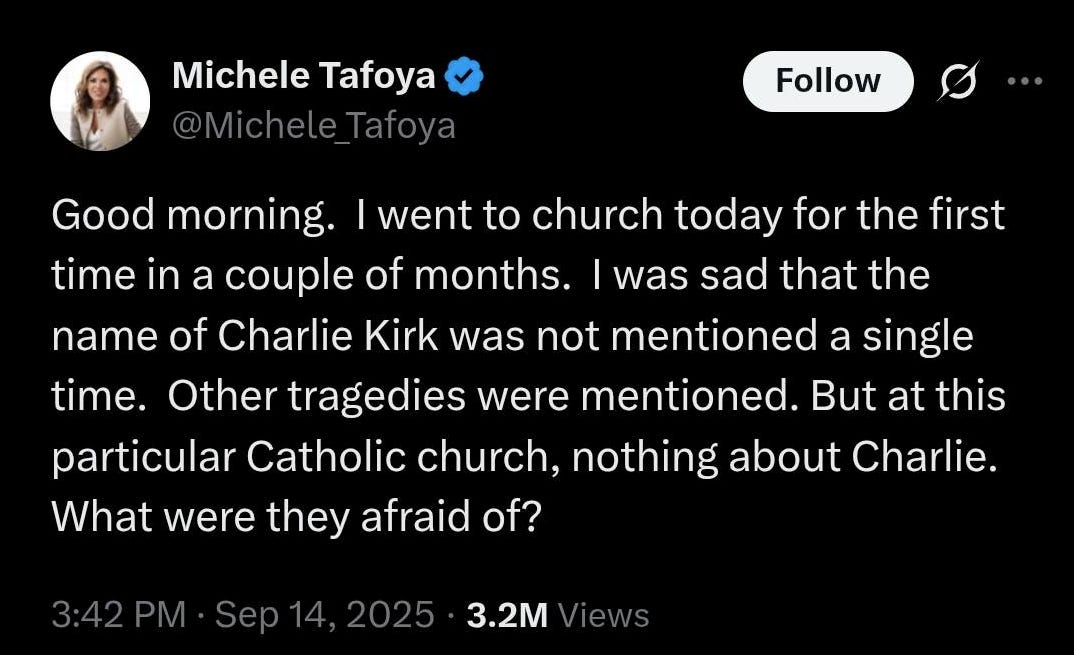My Preaching Is Not to Confirm What You Already Think
A Few Thoughts On Being the "Bad Cop"
Sunday at Ecclesia we began a series on the Minor Prophets at Ecclesia. This is touchy for me, insofar, as a few months ago, a beloved church member told me: “I get it. Chris shows up to rally everyone. And you’re the bad cop, who tells us to get our live together.
He meant it as a compliment, and I receive it that way. I don’t mind being the bad cop if it serves God’s ends. And even though I am an Enneagram 3, most folks would be shocked to discover how little I care about what other people think of my preaching. Why? Because my preaching isn’t about me. It’s about you and I being better, fuller versions of ourselves and living into our God-given identity.
Generally for preaching, and especially for preaching the Minor Prophets, I am compelled to address a fundamental misunderstanding about the nature and purpose of preaching. Too often, congregations approach the preaching with the expectation that the sermon exists to affirm their existing beliefs, validate their current lifestyle choices, and reinforce the theological positions they already hold. But this is precisely the opposite of what prophetic preaching—indeed, all faithful preaching—is meant to accomplish.
Preaching is not to confirm what you already think. It is to proclaim what is according to God, regardless of how that proclamation aligns with our preconceived notions, politics, or cultural comfort zones.
The Prophetic Tradition as Disruptor
The Minor Prophets provide perhaps the clearest biblical example of this principle. These twelve voices—from Hosea to Malachi—consistently delivered messages that challenged, confronted, and contradicted the prevailing wisdom and ways of living. They spoke not to popular opinion but to divine truth. One of my Old Testament professors, John Willis, used to say that prophetic literature, the prophets, functioned as “covenant prosecutors,” calling God's people back to faithfulness even when such calls were deeply unpopular and personally costly.
Amos, the shepherd-turned-prophet, declared God's judgment against Israel's economic exploitation of the poor. His message wasn't crafted to comfort the wealthy merchants of Bethel; it was designed to shatter their self-satisfied assumptions about their relationship with God. Habakkuk dared to question God's methods while simultaneously proclaiming divine sovereignty over history. These prophets understood that their calling was not to be popular but to be faithful to the word they had received.
Walter Brueggemann, in his influential work The Prophetic Imagination, articulates this dynamic with particular clarity. Brueggemann argues that prophetic ministry operates through a dual function: criticizing the dominant consciousness and energizing alternative consciousness. The prophet's task is to “penetrate the numbness and indifference” of communities that have become too comfortable with the status quo. This prophetic imagination doesn't seek to confirm existing paradigms but to expose their inadequacy in light of God's reign.
Proclamation Versus Affirmation
There is a crucial distinction between proclamation and affirmation that modern preaching often obscures. Affirmation tells people what they want to hear; proclamation tells them what they need to hear. Affirmation begins with human experience and seeks divine endorsement; proclamation begins with divine revelation and calls human experience to account.
When I step “on the box” (an Ecclesia term) to preach from Micah or Joel or Malachi, I am not conducting a religious focus group. I am not taking a survey of congregational preferences. I am engaging in the ancient and sacred task of proclamation—announcing what God has said and continues to say through these texts, regardless of how well that message fits our contemporary sensibilities.
The Word of God is the ultimate authority in matters of faith and practice. As theologian Karl Barth insisted, preaching is not human opinion about God but God's own Word breaking into human consciousness. The preacher's task is to get out of the way and let the text speak, even when—especially when—that speech challenges and disrupts.
The Cost of Comfortable Preaching
When preaching becomes merely a religious exercise in confirmation bias, it loses its prophetic edge and its transformative power. Churches filled with sermons that only confirm what people already think become echo chambers rather than spaces of spiritual growth. They produce congregants who are well-informed about their own opinions but poorly formed by the challenging demands of the Gospel.
The Minor Prophets remind us that God's word often comes as disruption rather than comfort, as challenge rather than confirmation. These ancient voices spoke into contexts of political upheaval, social injustice, and spiritual complacency with messages that few wanted to hear but everyone needed to receive. Their writings survived not because they were popular but because they were true.
Living Under the Word
As we journey through this sermon series on the Minor Prophets, I invite you to approach these ancient texts—and the preaching that exposits them—with openness rather than defensiveness. Come expecting to be challenged rather than confirmed. Come ready to have your assumptions questioned rather than your preferences validated.
The goal is not to leave worship feeling good about where you already were, but to leave convicted about where God is calling you to be. In the end, faithful preaching—like faithful prophesying—is not about telling people what they already think. It is about proclaiming what is according to God, trusting that God's word will accomplish the purpose for which it was sent, even when that purpose involves the uncomfortable work of transformation.



